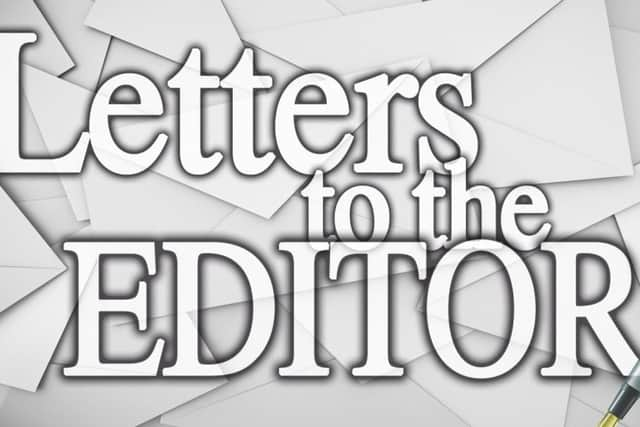Abortion debate one casualty of media ‘punch-up’ culture


We expect our political leaders to debate with one another and we are encouraged to participate in debates in the media. In that way enlightenment allegedly spreads and we are all happier for it.
Alas, the reality is very different. It is a cliché to say that most public debates generate more heat than light. In broadcasting the aim is to get the blood up, as Pat Kenny openly admitted about his Big Debate on Brexit in May on Virgin Media One. His colleague Ivan Yates, co-host of The Tonight Show, added that a little bit of ‘chaos’ helps and “we try to engineer as much mayhem and bloodshed as possible” (Irish Times, May 7, 2019). It’s the same on Radio Ulster’s Nolan Show. Stephen Nolan likes nothing better than a punch-up: it’s entertaining and helps to get people listening to ‘the biggest show in the country’.
Advertisement
Hide AdAdvertisement
Hide AdAs George Monbiot pointed out in The Guardian (22nd March 2019), the more disgracefully you behave, the bigger the platform the media will give you. Content and facts don’t matter; all that counts is impact. So blusterers, braggarts and bigots are being rewarded with platforms that distort our political debate.


There is also a presumption that extreme positions are all that matter and balance means allowing both of them to slog it out. Voices that lie somewhere in between or seek compromises are squeezed out. Thus you are either a unionist or a nationalist. You can’t be seeking a position beyond these identities. Or you are either anti abortion or pro abortion. Suggest that a foetus has no rights until viability at which point it acquires rights and you hardly get a public say. Suggesting that the putative father also has some rights (or else he has no responsibilities) complicates the issue too much further for the media’s liking.
Another kind of failure is to set up a debate where there is no real argument. In 2009 George Monbiot refused the challenge of a debate on anthropogenic global warming with Ian Plimer, a climate change denier. “It takes 30 seconds to make a misleading scientific statement and 30 minutes to refute it”, Monbiot wrote. Public debates favour simplifications and distortions and disadvantage detailed explanations of complex truths.
Then there’s stereotyping. The loyalist blogger Jamie Bryson complains that the BBC only contacts him to speak on flags, bonfires and paramilitaries. A humanist has some sympathy with this complaint. We tend to be asked exclusively to participate in debates about religion, thus contributing to the impression that we are obsessed with bashing god when in fact we have positive opinions on a wide range of topics.
Advertisement
Hide AdAdvertisement
Hide AdThe Roman humanist Cicero distinguished two kinds of public rhetoric: the contentio and the sermo. The former was adversarial and appealed to the emotions, while the sermo set aside emotion in favour of an intimate philosophical conversation aimed at discovering the truth. The media is too fixated on contentio at the expense of sermo. It may entertain but it does not educate.
Brian McClinton, editor, Irish Freethinker, Lisburn